Health and nutrition offer examples that convert customers

Are you slashing prices on protein powder and wondering why customers still bounce?
Would a generic "10% off" make someone trust your supplement brand?
Believe health-conscious shoppers only care about discounts?
That is the wrong question.
The real question is: How do you build trust while driving sales in an industry where customers scrutinize every ingredient label?
The health and nutrition conversion challenge
Health and nutrition brands face unique eCommerce challenges that standard retail strategies can't solve.
Customers research obsessively before buying. They read reviews, compare ingredients, and question everything.
Price isn't always the primary motivator. Trust and credibility matter more than discounts. According to research from the Council for Responsible Nutrition, 61% of supplement users prioritize branded ingredient quality over price when making purchase decisions.
Traditional eCommerce promotions often fail because they ignore the education-first customer journey that defines this industry.
Here's what works.
Bundle offers that build customer confidence
Complete nutrition starter packs solve the "where do I begin" problem that paralyzes new customers.
Supplement stacks for specific goals remove guesswork from customer decisions.
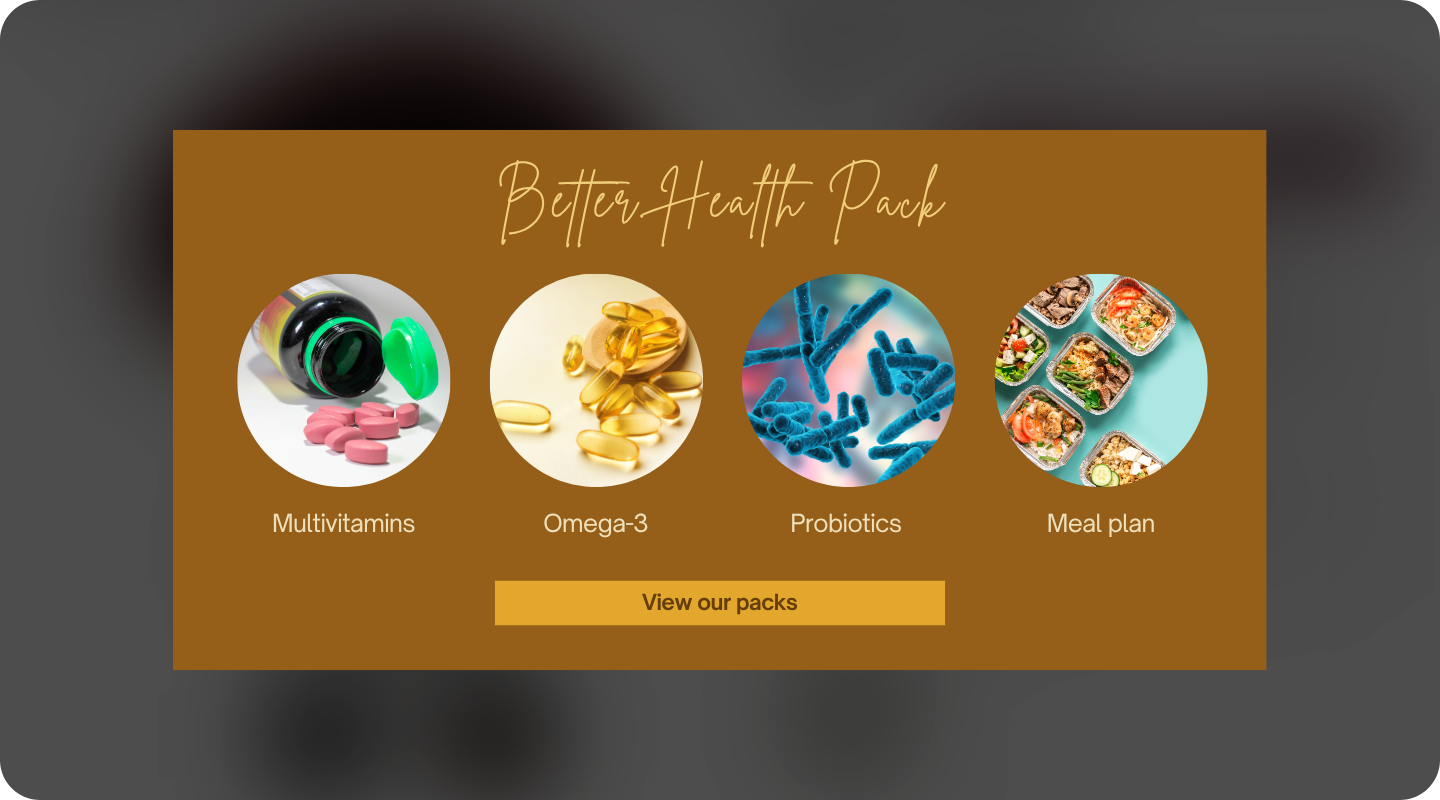
Meal replacement bundles with practical accessories increase perceived value without margin erosion.
Reality check: Random bundling doesn't work. Bundle products that customers use together, not just items you need to move from inventory.
Educational incentives that convert skeptics
Health-conscious customers want knowledge, not just products.
Free nutrition consultations with purchase establish expertise and build trust.

Personalized meal plans with supplement orders bridge the gap between product and results. According to McKinsey's research, personalization can deliver five to eight times the ROI on marketing spending.
Access to exclusive content positions your brand as an authority. Members-only access to workout videos, recipe databases, or live Q&A sessions with nutrition experts.
One-on-one coaching sessions for high-value customers justify premium pricing while increasing customer lifetime value.
Social proof that overcomes industry skepticism
The supplement industry battles credibility issues daily. Bright social proof counters this challenge.
"Join 10,000+ customers who achieved their goals" messaging works when backed by real data.
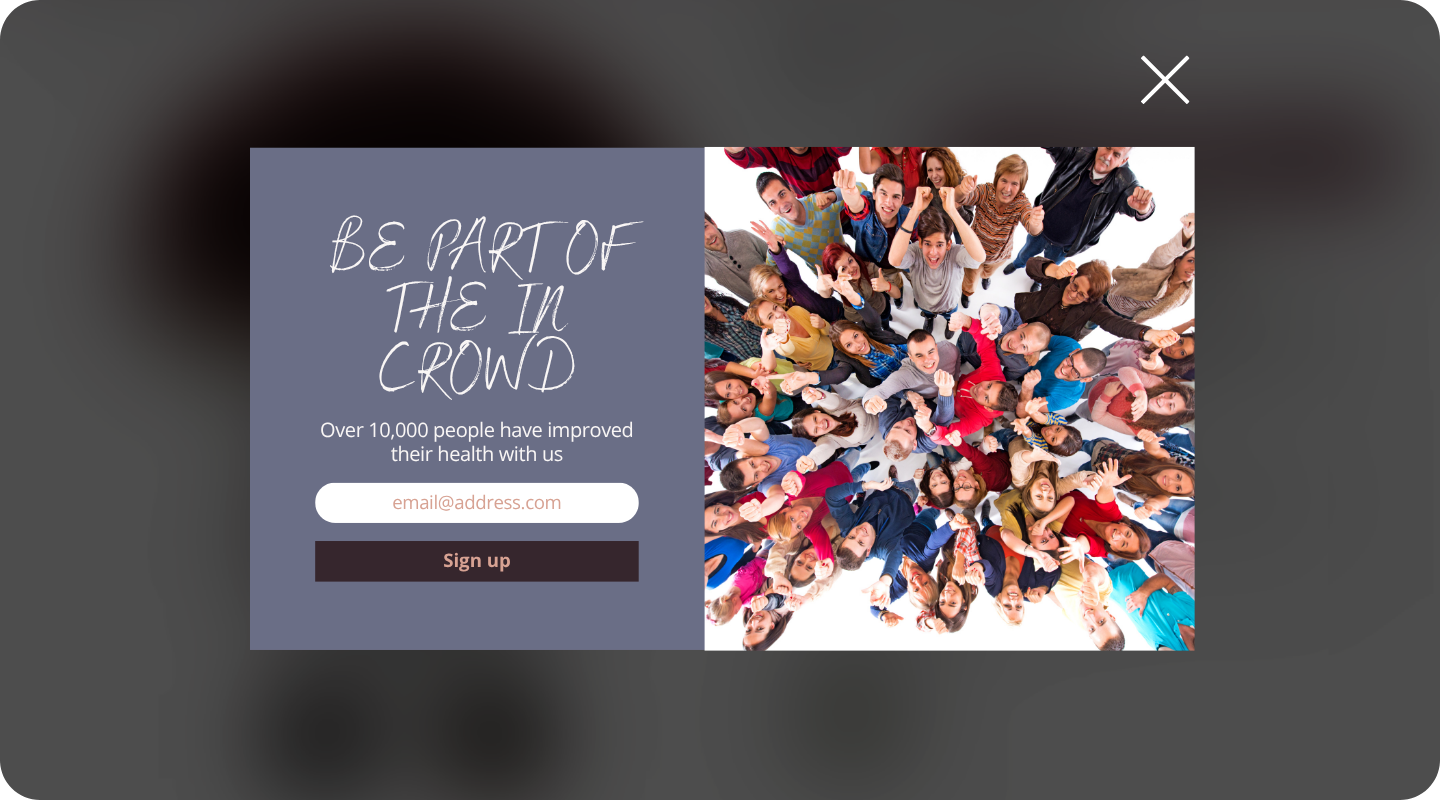
Before/after customer stories with purchase remove barriers for hesitant buyers.
Exclusive access to private community groups creates belonging and increases retention.
Customer transformation contests generate user-generated content while building a community.
Trial offers that reduce purchase risk.
Health products require trust. Trial offers build that trust systematically.
Seven-day sample packs for new customers let quality speak for itself.
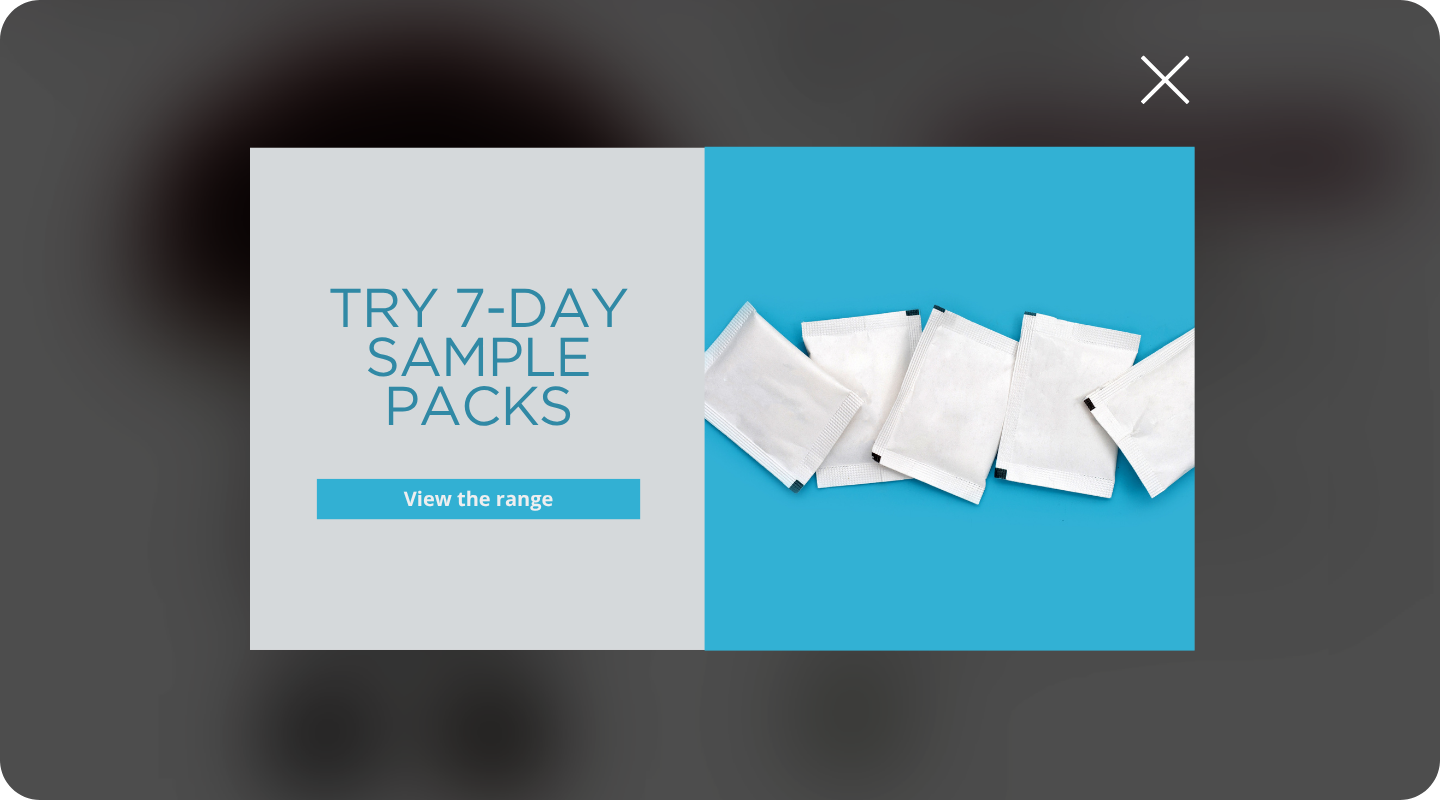
Extended money-back guarantees reduce perceived risk. Standard 30-day returns become 60 or 90 days for first-time customers.
"Try before you subscribe" offers work particularly well for consumables. The first month is at a regular price, followed by an automatic subscription with a 15% ongoing discount.
Free shipping on first orders removes a common conversion barrier. According to research from the National Retail Federation, 75% of consumers expect free shipping even on their first purchase.
Subscription strategies that maximize customer lifetime value
Health and nutrition products lend themselves naturally to subscription models.
Progressive discounts for longer commitments reward loyalty while improving cash flow.
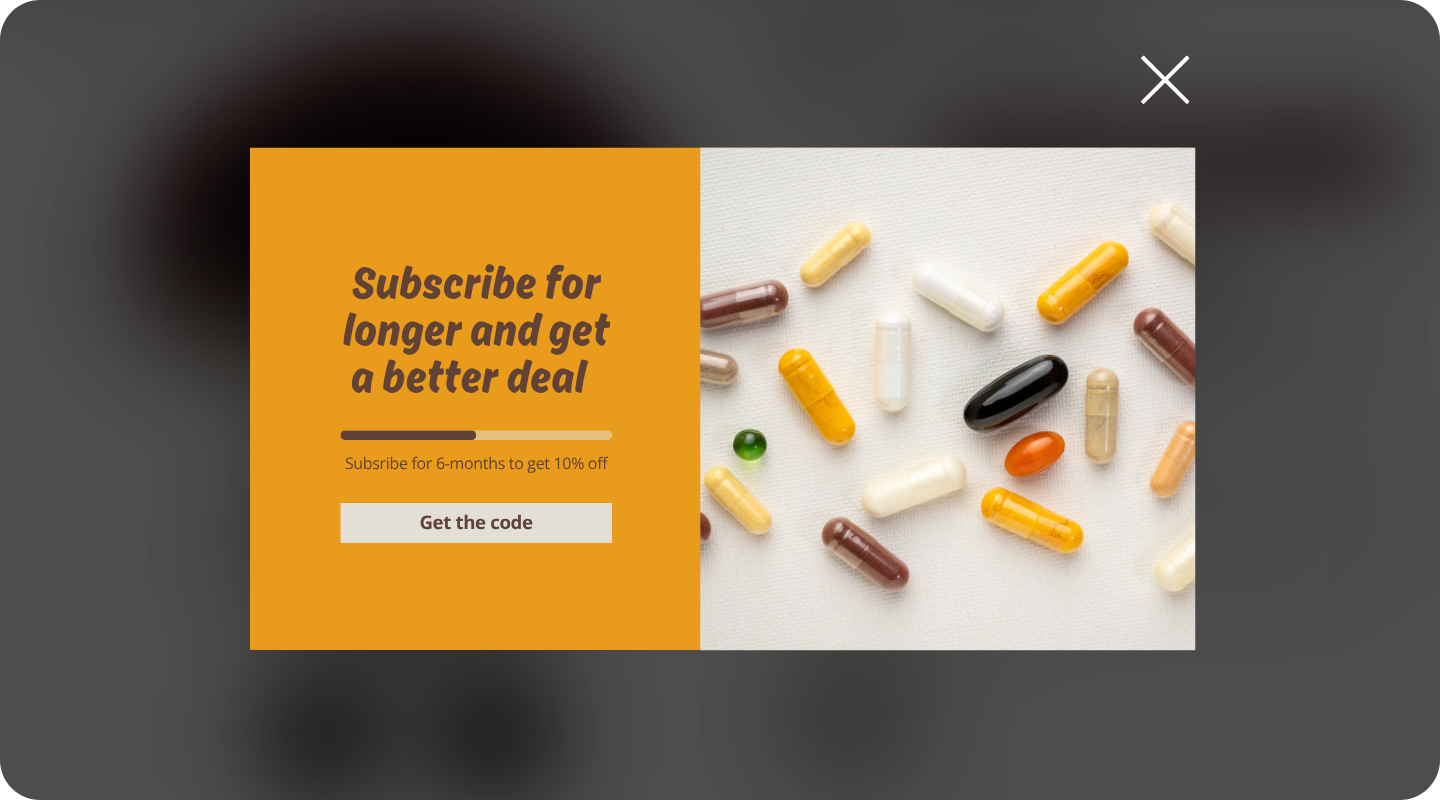
Early access to new products for subscribers creates exclusivity.
Loyalty points that accumulate toward meaningful rewards keep customers engaged. Avoid systems where customers need to spend thousands to earn anything helpful.
VIP customer exclusive formulations justify premium pricing.
Seasonal timing that aligns with customer goals
Health and nutrition purchases follow predictable seasonal patterns.
New Year (January-February): Resolution packages capitalize on motivation peaks. 30-day transformation challenges with supplementation, meal planning, and progress tracking.
Pre-summer (March-May): Beach body preparation drives higher conversion rates. Research from Google Trends shows search volume for "weight loss" peaks in January and again in March.
Back-to-school (August-September): Health reset positioning appeals to routine-focused customers.
Holiday season (November-December): Gift bundles and detox preparation offers perform well.
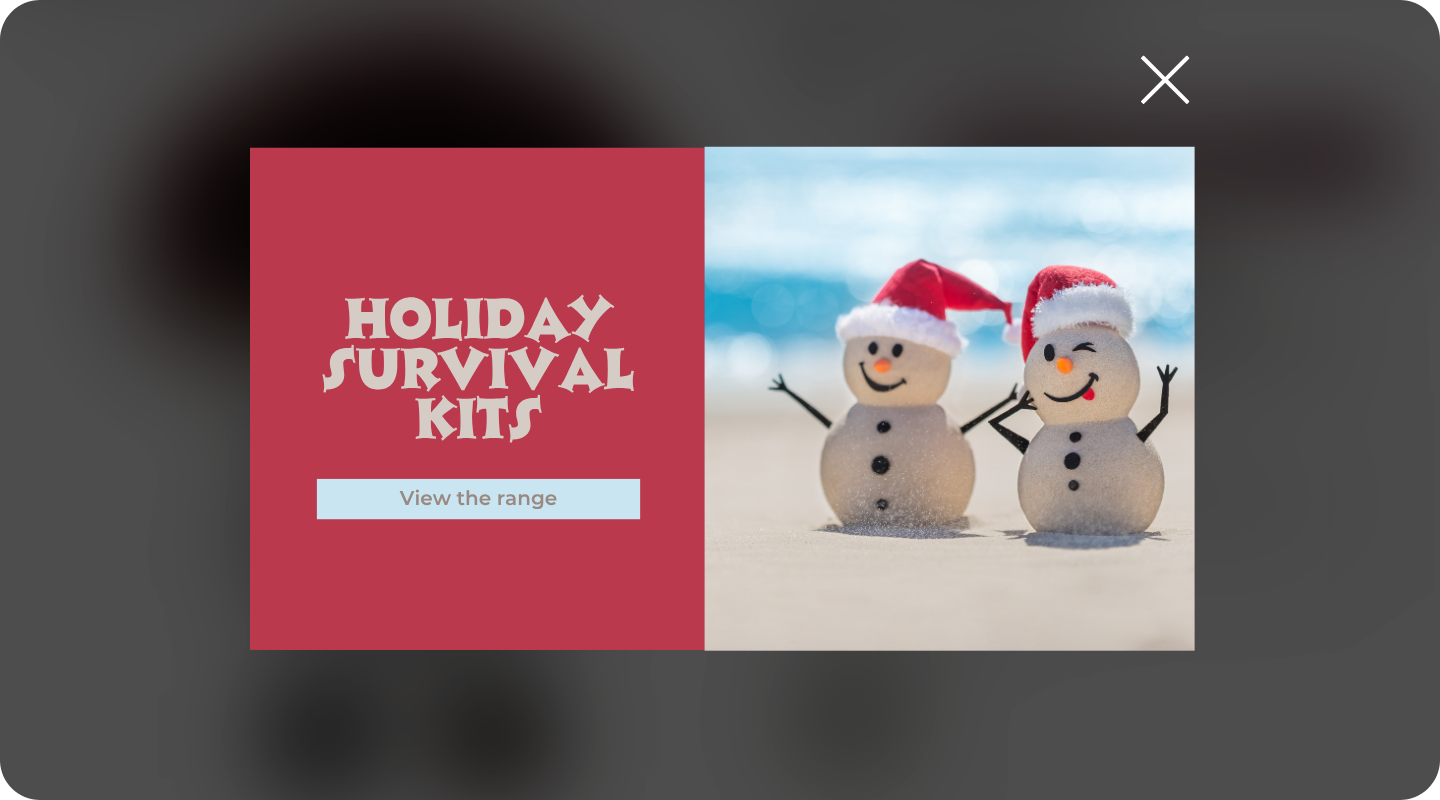
Advanced targeting for better conversions
Research phase customers need education:
Free downloadable nutrition guides, Ingredient explanation content, and Video testimonials from real users.
Consideration phase customers need reassurance:
Side-by-side product comparisons, third-party testing certificates, and money-back guarantee emphasis are also needed.
Purchase phase customers need simplification:
Bundle recommendations based on shopping cart contents, One-click reorder functionality, and Express checkout options.
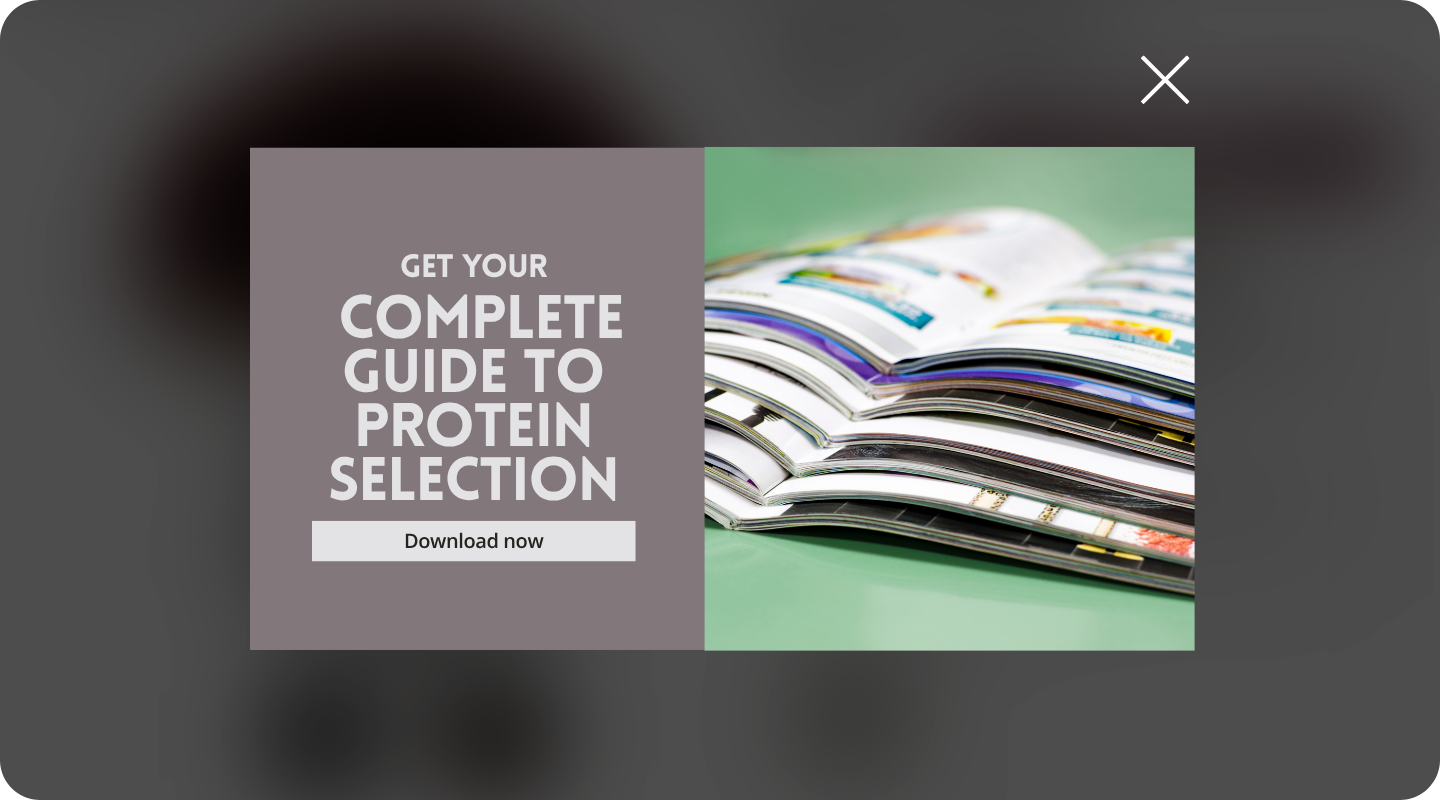
Inventory management through strategic promotions
Health and nutrition brands often deal with expiration dates and seasonal demand fluctuations.
Flash sales on short-dated inventory maintain margins while moving stock.
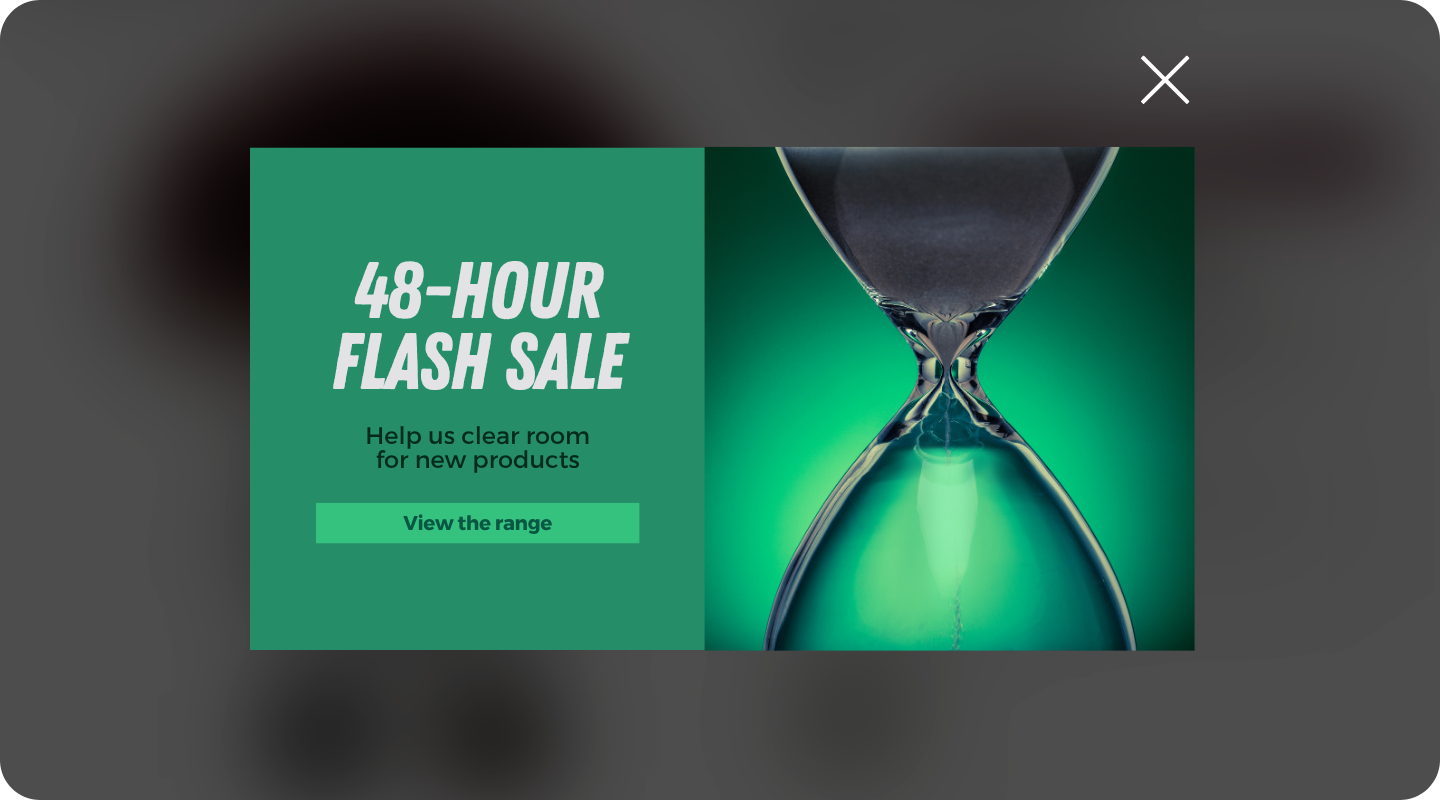
Seasonal formula rotations create urgency without damaging brand perception.
Bundle slow-moving items with bestsellers to improve inventory turnover.
Measuring success beyond basic conversion rates
Track customer lifetime value by acquisition channel. Customers acquired through educational content often have higher LTV than dscount-driven channels.
Monitor subscription retention rates by offer type. Trial customers may convert differently from discount-acquired customers.
Measure engagement with educational content. High engagement often predicts higher purchase likelihood and retention.
Analyze repeat purchase patterns by customer segment. Health-conscious customers often have predictable reorder cycles you can optimize.
Common mistakes that hurt conversions
- Over-promising results violates both regulations and customer trust. Focus on ingredient benefits and general wellness support.
- Treating supplements like commodity products ignores the research-heavy customer journey.
- Bundling incompatible products confuses customers and reduces perceived expertise.
- Competing solely on price attracts bargain hunters who rarely become loyal customers.
- Ignoring compliance requirements creates legal risk and damages credibility.
A healthier future
Health and nutrition customers buy answers, not products.
Your offers should reflect that reality. Build trust first through education and transparency. Convert seconds through risk reduction and social proof. Retain forever through community and continued value delivery.
Test these strategies systematically. Measure what moves the needle for your specific customer base. And remember that in health and nutrition, customer success drives business success more than in almost any other industry.
The customers who achieve their health goals become your best marketing assets. Design your offers to support that outcome, and conversions will follow naturally.






